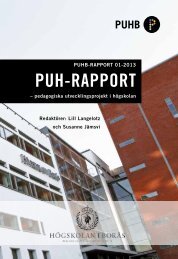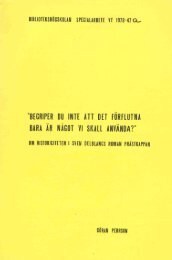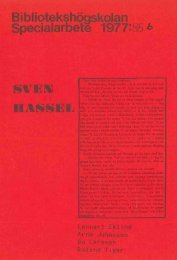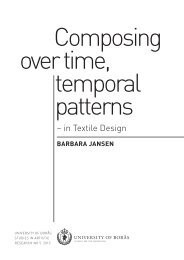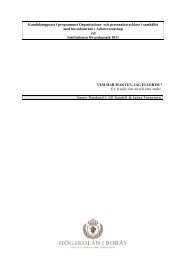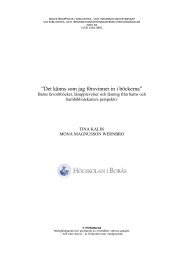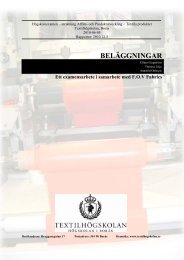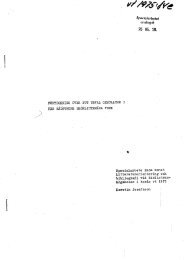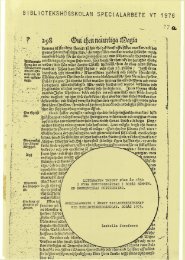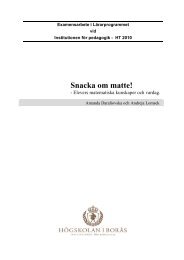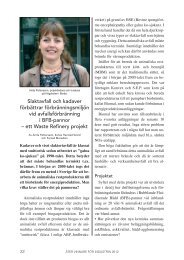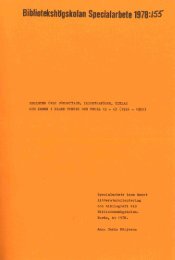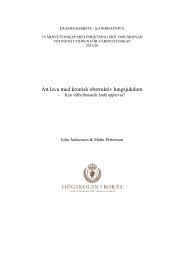2.1.8.2. Absorbency Under Load (AUL) - BADA
2.1.8.2. Absorbency Under Load (AUL) - BADA
2.1.8.2. Absorbency Under Load (AUL) - BADA
Create successful ePaper yourself
Turn your PDF publications into a flip-book with our unique Google optimized e-Paper software.
It would be perfect if the crosslinking agents have high selectivity and specificity for a certain<br />
functional groups. The absence of specificity could be important in the modification of polymers<br />
which have more than one kind of functional group, as it exists in protein molecules. Bifunctional<br />
crosslinking reagents are categorize into three groups [22] : ……………………………….<br />
………………………………….. …………………..………….<br />
1- Homobifunctional crosslinking reagents include two similar functional groups which can react<br />
with functional groups of macromolecule. …………………………………………….<br />
2- Hetrobifunctional agents have two similar functional groups of different sensitivity and<br />
specificity because of their neighbor structure is different and so reacts with different functional<br />
groups of the polymer.. …………………………………………………………………………<br />
3- Zero-length crosslinking reagents connect polymers without the addition of additional<br />
compounds like polycondensation reaction. This type of crosslinking agents condense carboxyl<br />
groups with primary amino, carboxylic, hydroxyl and thio groups to forms of amide, ester and<br />
thio-ester components (Fig.9). Hence, zero-length crosslinking reagents are employed in protein<br />
structure with various functional groups.<br />
The use of chemical crosslinking reagents is important not only for joining two macromolecules to<br />
form of hydrogels but also for immobilizing bioactive components, such enzymes and drugs, to<br />
water-soluble polymers or hydrogel matrixes [16] .<br />
OXIDATION<br />
Figure 9. Hydrogel formation of polysaccharides through cysteine-derivatization [16]<br />
22



